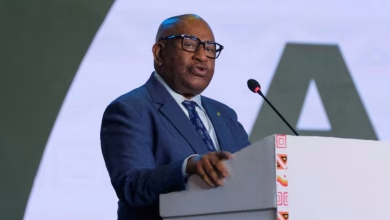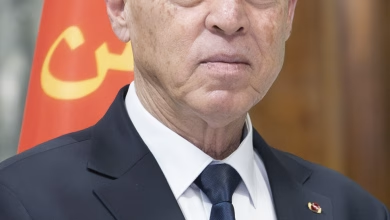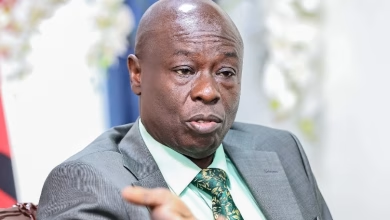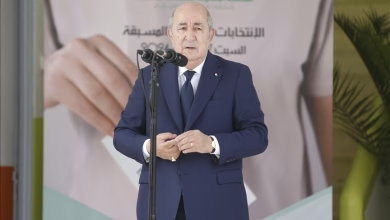DR Congo Unveils New Government
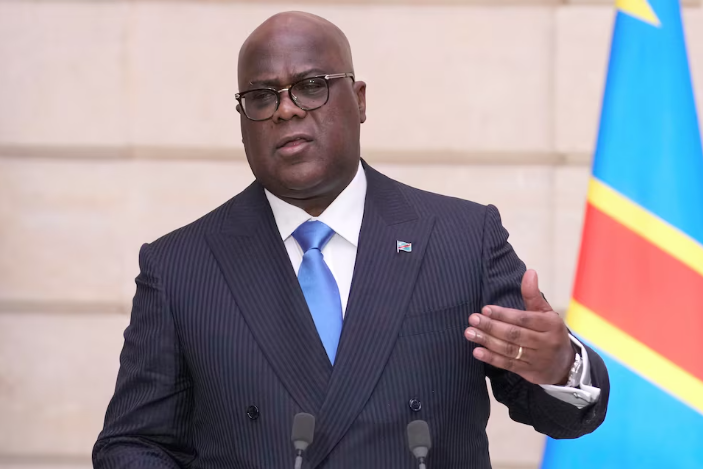
- DR Congo appoints new government after months of delay.
- New cabinet has 54 ministers, with key appointments in defense, finance, and mines.
- Appointment seen as positive step towards stability and reform.
- International community welcomes new government, hoping for peace and prosperity.
The Democratic Republic of the Congo has finally appointed a new government, according to spokesperson Tina Salama. This announcement comes after months of political uncertainty and internal jostling for jobs that had delayed the formation of a new cabinet of ministers.
President Felix Tshisekedi won a second term after elections in late 2023, which also handed his Sacred Union coalition a large majority in parliament. However, the process of forming a new government was slow due to internal conflicts within the ruling coalition.
The president eventually named Judith Suminwa as Congo’s first female prime minister on April 1 and his ex-chief of staff Vital Kamerhe as parliament speaker on May 22, paving the way for the appointment of the government. This move was seen as a significant step towards ending the political impasse.
The new cabinet comprises 54 ministers, which is a smaller-than-expected downsizing despite pressure to reduce costs. This move is seen as a positive step towards reform and reducing the size of the government.
In an announcement on state broadcaster RTNC, Salama said Guy Kabombo Muadiamvita had been appointed defence minister, a key role given Congo’s costly two-year conflict with the M23 rebel group in eastern territories. Muadiamvita, a lawyer by training, was previously head of Congo’s official gazette, the journal of record for legal acts.
Doudou Fwamba Likunde was named finance minister, and Kizito Pakabomba was appointed to oversee the mines ministry and Congo’s globally significant reserves of coltan, copper and other minerals. These appointments are seen as crucial in addressing the country’s economic and security challenges.
Referring to the delay in forming a government, the president’s communications director Erik Nyindu said it took time for the different parties in the ruling coalition to find a compromise. “Better that than a country full of conflict,” he said on RTNC.
Tshisekedi formed his first government when he was elected in 2019, which was a coalition with his predecessor Joseph Kabila that broke up in 2021. Tshisekedi then formed another coalition, which has held around 95% of National Assembly seats since the last election in December.
The appointment of a new government is seen as a positive step towards stability and reform in the Democratic Republic of the Congo. The country has faced numerous challenges, including political instability, corruption, and conflict, and the new government is expected to address these issues.
The international community has welcomed the appointment of a new government in the Democratic Republic of the Congo, with many hoping that it will bring about much-needed stability and reform to the country. The new government faces numerous challenges, but its appointment is seen as a positive step towards a more peaceful and prosperous future for the Congolese people.



